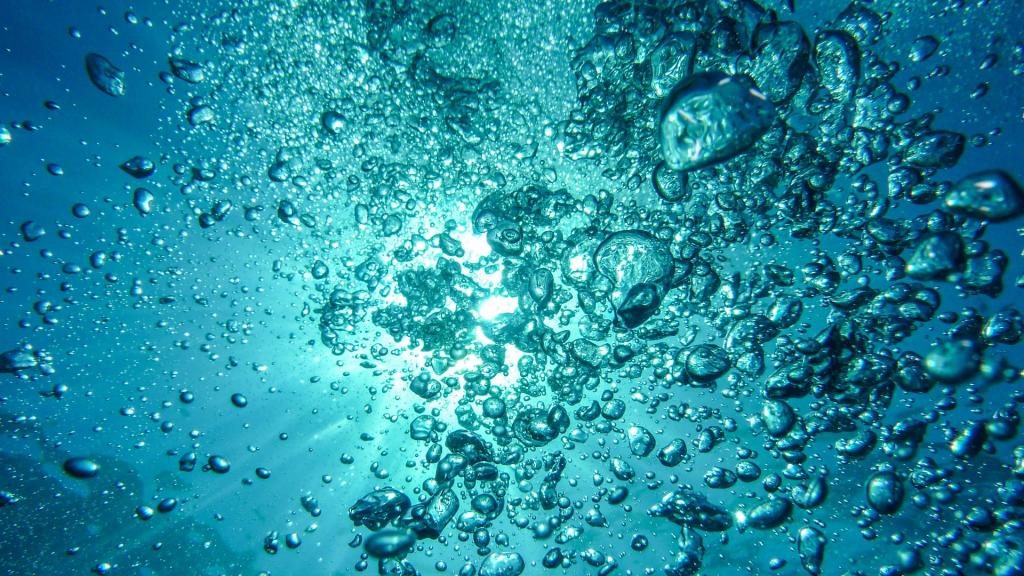ICPDR Partner GEF Will Expand Ocean Support with a New High Seas Treaty

On March 4th, 2023, the Global Environment Facility (GEF) drafted a new agreement under the UN Convention on the Law of the Sea on the conservation and sustainable use of marine biodiversity in areas beyond national jurisdiction.
The new agreement, known as BBNJ, commits countries to safeguard life on the high seas through various means, including the fair use of marine genetic resources, area-based management tools such as marine protected areas, environmental impact assessments, capacity building, and the transfer of marine technology. The agreement would cover waters like the Black Sea, the Danube’s receiving sea. The ICPDR has been collaborating with the Black Sea Commission, responsible for the sea’s sustainable management since 1997, working to remedy environmental degradation of the Black Sea originating in the Danube through a ‘Joint Technical Working Group.’ As the Danube discharges into the Black Sea at the Danube Delta, the Danube water quality is directly connected with the Black Sea’s status, the BBNJ will be another positive forward for the Danube basin.
GEF CEO and Chairperson Carlos Manuel Rodríguez welcomed the draft treaty stating, “The ocean is a critical source of life, food, energy, and recreation, and we need to care for it. It is extremely heartening to see countries come together to prioritize the biodiversity and ecosystems of the high seas.”
Established in 1992, the GEF is a family of funds dedicated to confronting biodiversity loss, climate change, pollution, and land and ocean health strains. It provides grants and blended financing for policy support to help developing countries address their biggest environmental priorities and adhere to international environmental conventions. Over the past 30 years, the GEF has grown into a global partnership of 183 countries. It has provided over $22 billion in grants and blended finance and mobilized $120 billion in co-financing for more than 5,000 national and regional projects. This has included projects on biodiversity, climate change, desertification, and toxic pollutants.
The GEF and the ICPDR
In the Danube Basin, as in many other water bodies, pollution, especially from organic substances and nutrients, poses a major long-term threat to the environment. The GEF, therefore, began its work in earnest with a single goal: to build the willingness and capacity of a diverse group of riparian nations to work together. The working hypothesis of the GEF’s International Waters intervention was to get countries to realize the benefits of shared water resources through cooperation with their neighbors. Everyone in the Danube Basin needed to understand the benefits of working together to share and improve transboundary resources. Its involvement began with a regional focus, supporting steps toward a binding international convention. Once this framework was in place, a top-down approach was adopted, ranging from basin-wide agreements and implementing bi-national, national, and local measures to working with individual farmers to improve their practices.
The support provided by the GEF has turned the Danube into a model of integrated river basin management, enabling the ICPDR to implement the Water Framework Directive, which has now become the benchmark for European transboundary water bodies. The GEF has also supported the Commission in its philosophy of adopting a holistic approach to the pressures facing the river, including eutrophication problems caused by agricultural inputs, the importance of flood buffering attributes of riverine wetlands, and the critical need to improve tariff and charge schemes for water and sanitation systems.
Source: GEF, Editorial: ICPDR





